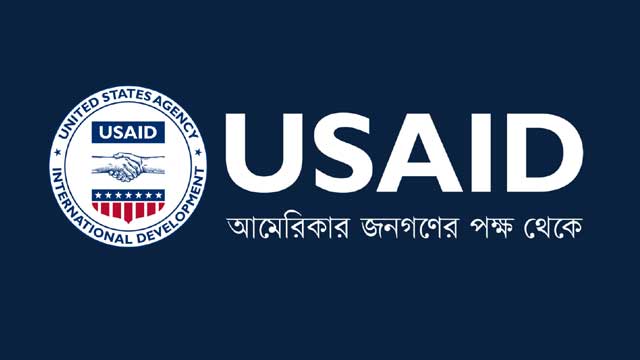Following the country’s 2018 elections and consolidation of power in one political party, Bangladesh’s political processes need to be protected, the United States Agency for International Development (USAID) has said.
The agency said this in its Country Development Cooperation Strategy (CDCS) report.
In Bangladesh chapter, the report says, USAID, therefore, works with political parties, citizens, and civil society organizations to reinforce their understanding of and commitment to democratic principles; meaningful participation of women, youth, and minorities in political processes; free and fair elections; and political pluralism.
“USAID backs improved knowledge and skills of youth to advance good governance practices, and promote multi-party dialogue on local, regional, and national priorities. USAID will build youth leadership to advance accountable, democratic governance through their Youth Leaders Engaged to Advance Democracy activity,” the report said.
It said, “USAID prioritizes civic education programs to increase the ability of Bangladeshi youth and women to advocate for democratic reforms based on citizens’ priorities and help amplify citizens’ voices on behalf of a more pluralistic and inclusive Bangladesh. When democratic processes empower and reflect the plurality of Bangladeshi society, government transparency, accountability, and integrity increase.”
The country is highly centralized with a weak governance structure that facilitates pervasive corruption, reduces the effectiveness of national institutions, constrains development, and inefficiently manages resources, said the report.
The report said, “Transparency International ranked Bangladesh 146th of 180 countries on its 2019 Corruption Perception Index, citing corruption as the most problematic factor for business in Bangladesh. The ability of civil society to engage with the government of Bangladesh and advocate for needed reforms has worsened with the passage of laws such as the Foreign Donations Regulation Act and the Digital Security Act, which significantly increased government of Bangladesh control over the work of NGOs.”
NR/





